Maryland wants to speed up the rate of students graduating with associate’s degrees and increase the number of individuals qualified for mid-to-upper level jobs in the workforce.
In a presentation at MC on Wednesday, April 2, Executive Director of the Maryland Association of Community Colleges Bernard Sadusky said the College and Career Readiness and College Completion Act will improve access to educational opportunities for those transitioning from high school to community college and then the workforce.
According to Sadusky, college readiness means that high school students will be assessed and prepared to handle college courses once they graduate high school.
A primary goal of the legislation is to have 55 percent of Maryland adults hold at least an associate degree by 2025. The act is trying to get people into the workforce. It’s really addressing an economic issue, according to Sadusky.
The act mandates college counselors to periodically discuss with students specific pathways for careers and majors. This will help students complete their education and enter the workforce faster.
“It’s good to have access,” Montgomery College Career Counselor Zenobia Garrison said, but “just because you have access doesn’t mean you’re career ready.” Students need guidance in using the resources available through the act.
Garrison found a missing piece the act does not address: No matter how many classes are required and how many assessments are given, she has witnessed students graduating high school who lack a specific interest. Those students often have trouble completing an associate’s degree or finishing technical training for jobs.
Garrison believes it is important for high school students to spend time thinking about the future and what they want to do. “There isn’t a lot of forward thinking about the future,” said Garrison.
She said she encounters students on two extremes: Those who do not consider future plans at all, and those who focus on the future and think the college decision will determine the rest of their lives. Garrison emphasized that students need to make a post-high school decision that is a “career entry point” not a definite path for their entire lives.
Sadusky said the state wants to get college career counselors working with middle and high school students. Garrison would ask why Maryland does not hire career counselors at high schools. She said career counseling and exploration needs to be “interwoven into the high school experience.”
Read the full presentation from the Maryland Association of Community Colleges here.


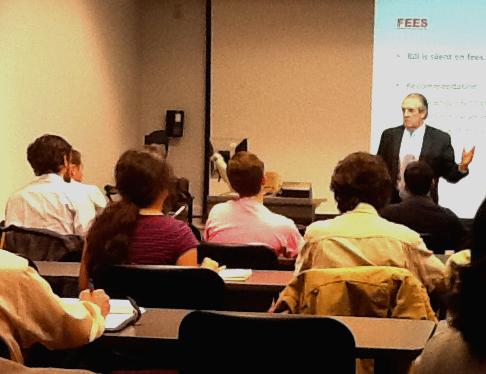
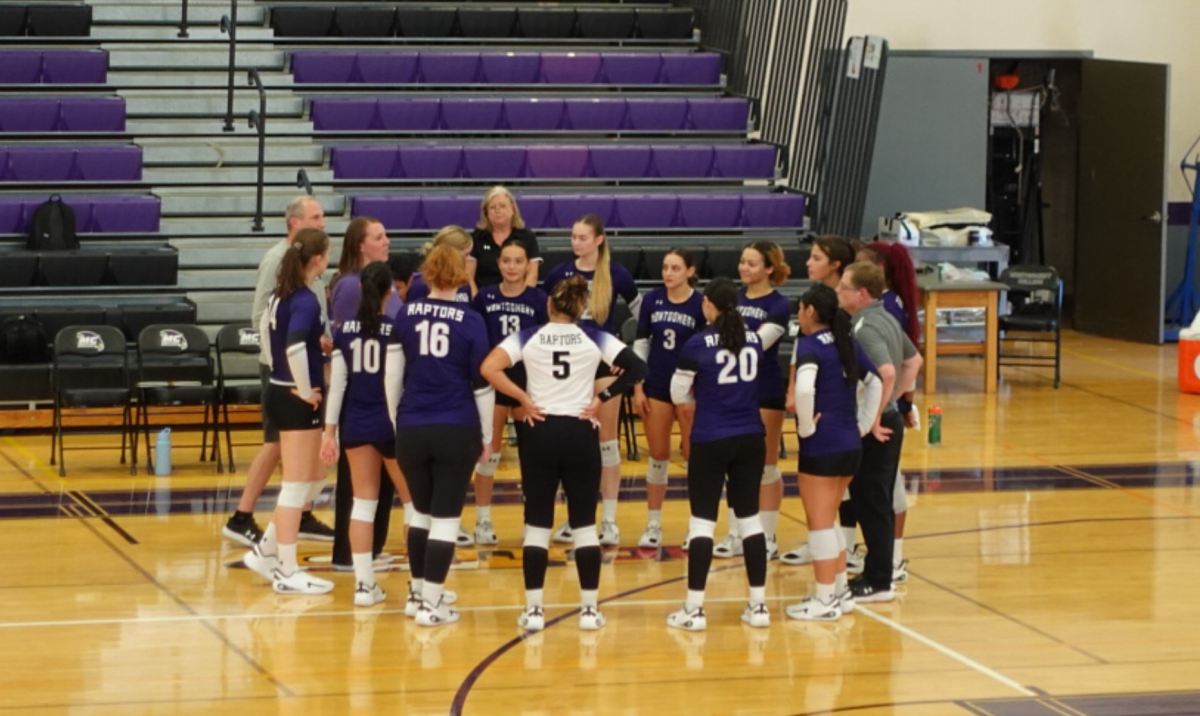
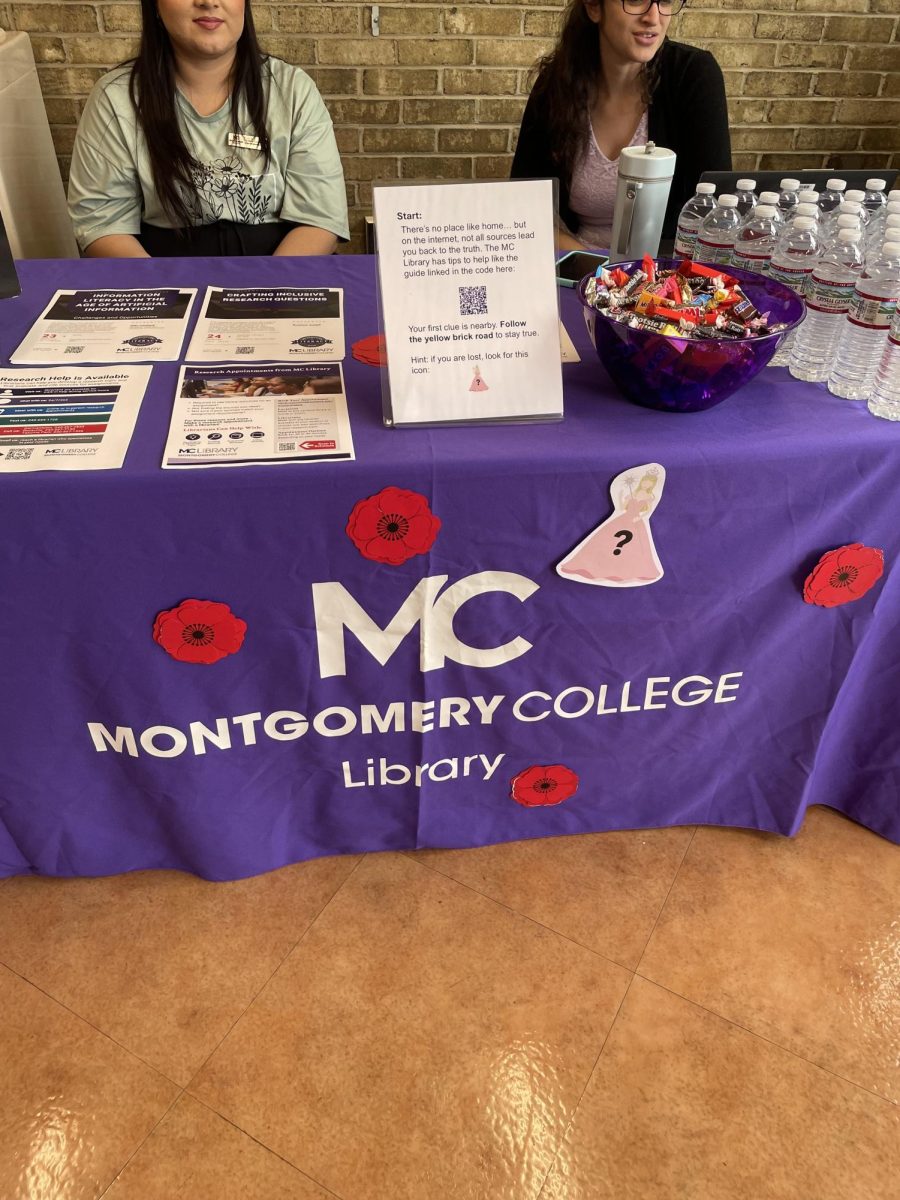
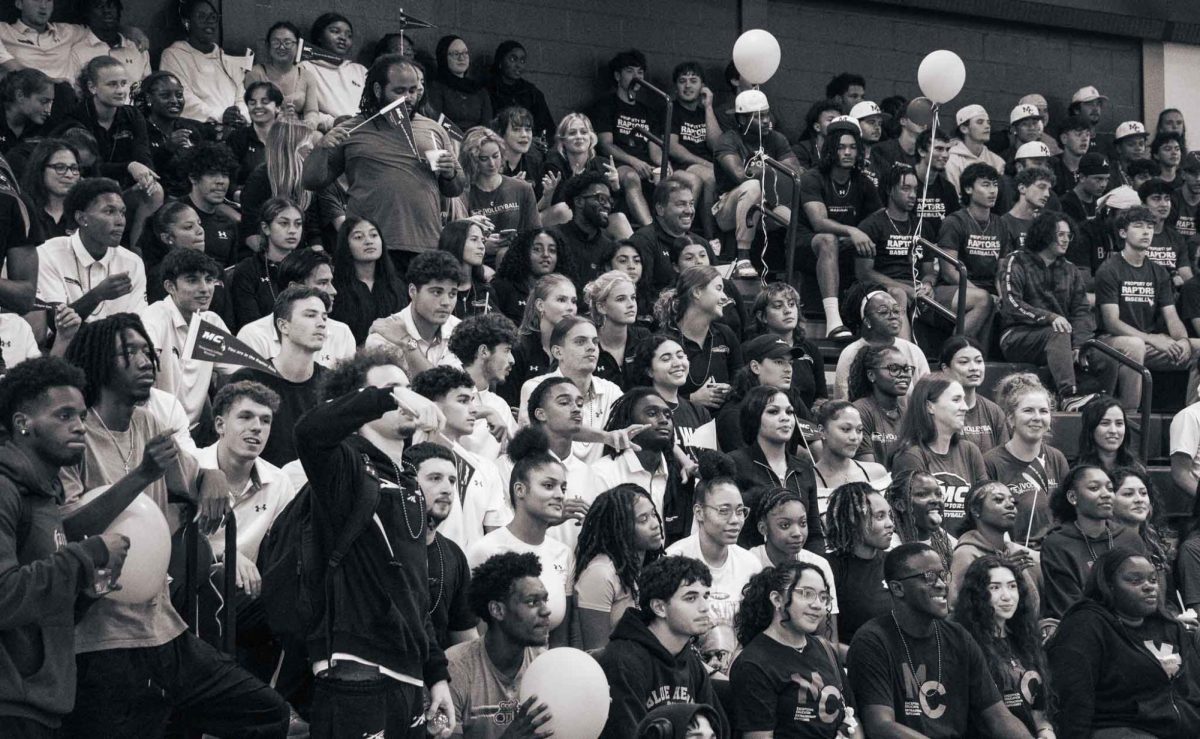
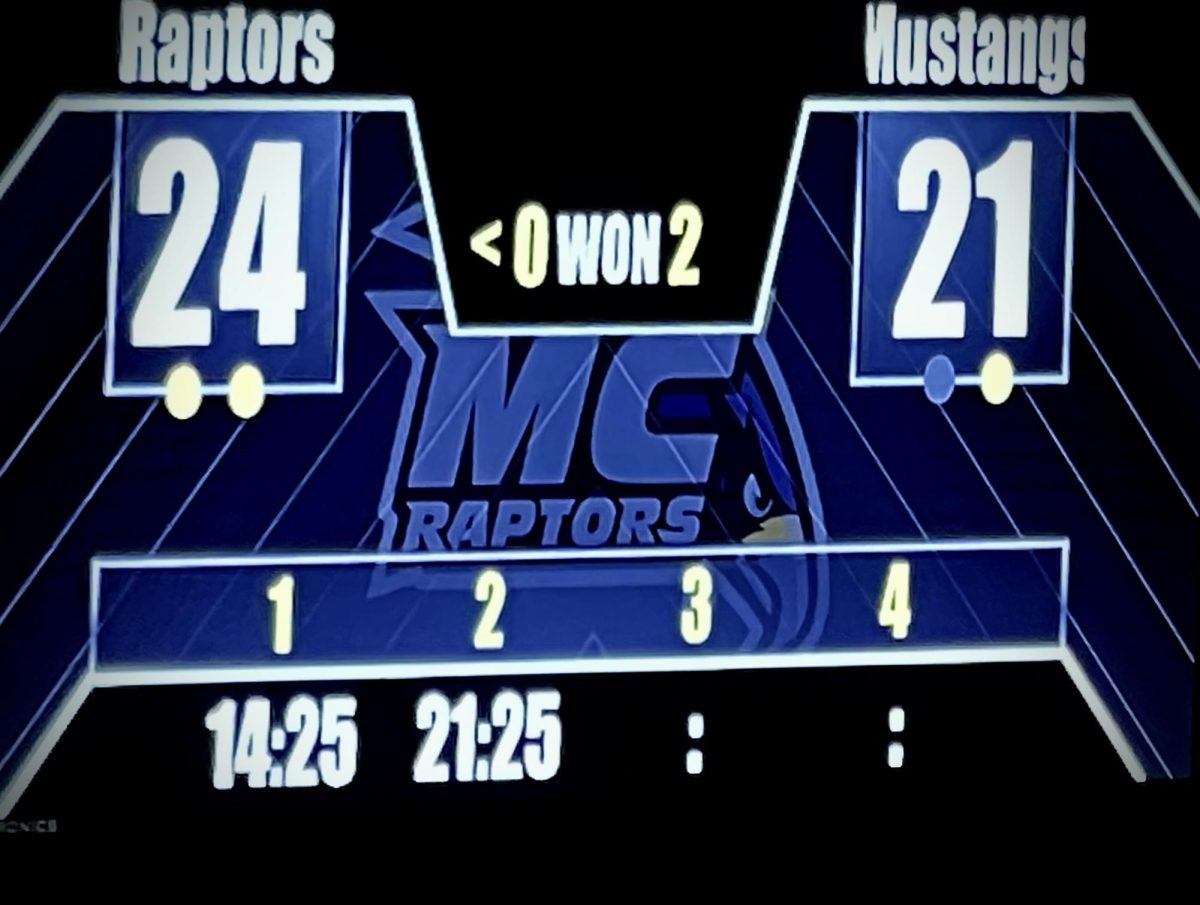
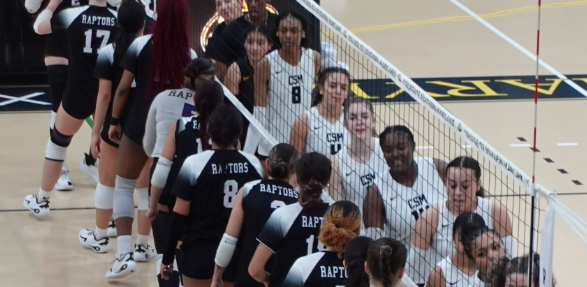
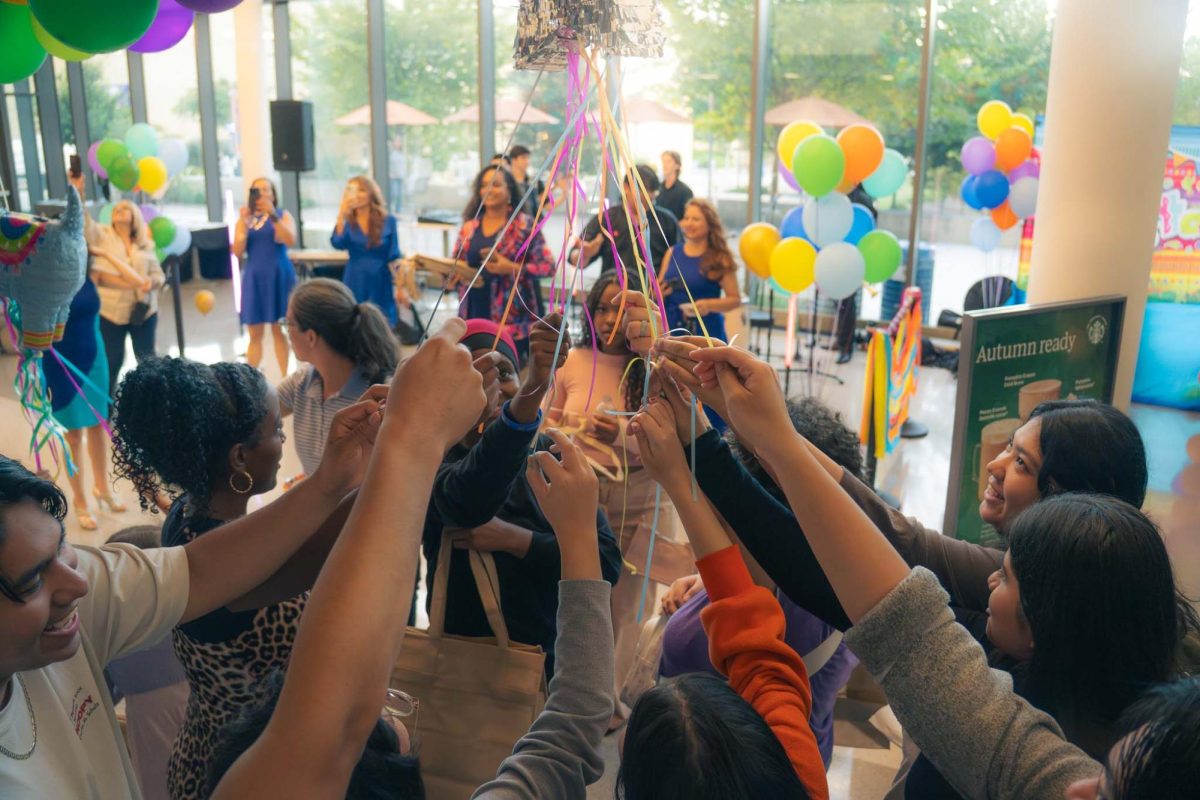
MCH • Apr 28, 2014 at 9:37 am
Um, what strict resistance?